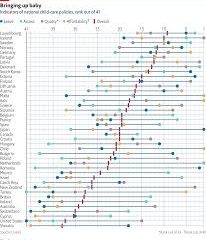The Importance of UCAS in Higher Education Applications

Introduction to UCAS
The Universities and Colleges Admissions Service (UCAS) plays a crucial role in the landscape of higher education in the United Kingdom. It serves as the primary mechanism through which students apply to university, managing applications for a vast majority of undergraduate programmes. With its streamlined system, UCAS not only facilitates a smoother application process for students but also ensures that universities can efficiently manage admissions.
UCAS Application Process Overview
In the 2023 application cycle, UCAS continued to adapt to the changing higher education environment, providing tools and resources for prospective students. The application process involves several key steps. Students typically create an account, complete personal details, and submit their academic qualifications. A personal statement is also required, in which applicants outline their motivations for choosing specific courses and institutions.
As of this year, UCAS has reported receiving over 700,000 applications, reflecting a continued demand for higher education amidst ongoing economic uncertainties. Notably, the number of international applicants has risen by 10%, showcasing the global appeal of UK universities.
Key Dates and Considerations
The deadlines for UCAS applications can often be a source of confusion among prospective students. For the 2023 academic year, the main deadline was set for January 15. However, courses that typically receive high demand, such as medicine and veterinary science, had an earlier deadline of October 15, 2022. Understanding these timelines is essential for students as they plan their applications.
Impacts of the Current Landscape
Recent shifts in education policy and the socio-economic climate, notably the effects of the pandemic, have led to changes in how universities assess applicants. Many institutions have become increasingly flexible, accepting a wider range of qualifications and considering contextual data about applicants’ backgrounds. This inclusive approach is aimed at promoting diversity and widening participation.
Conclusion: The Future of UCAS
As UCAS continues to evolve, it remains a vital tool for connecting students and universities. The significance of UCAS goes beyond mere application processing; it shapes the future landscape of higher education. With a focus on accessibility and inclusivity, UCAS is likely to implement further enhancements in the coming years, making it easier for students to navigate their educational pathways. Prospective applicants should stay informed about updates to the UCAS system and remain proactive in their application preparations to ensure the best possible outcomes for their higher education aspirations.









